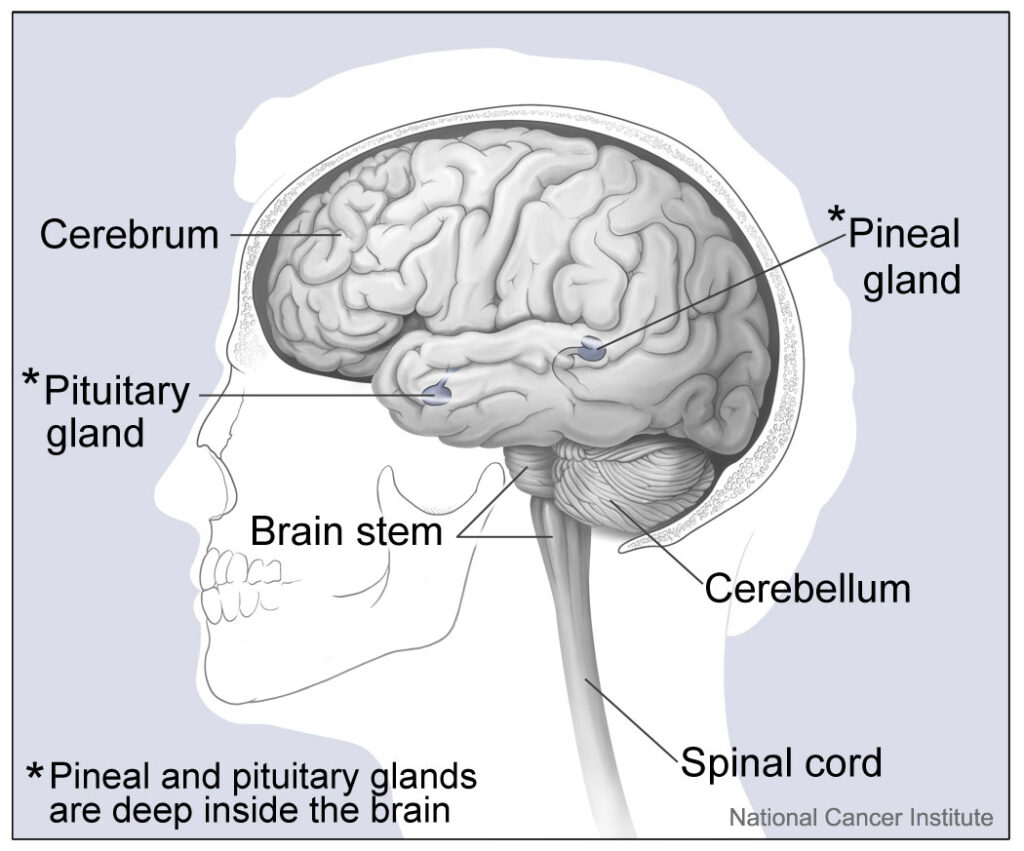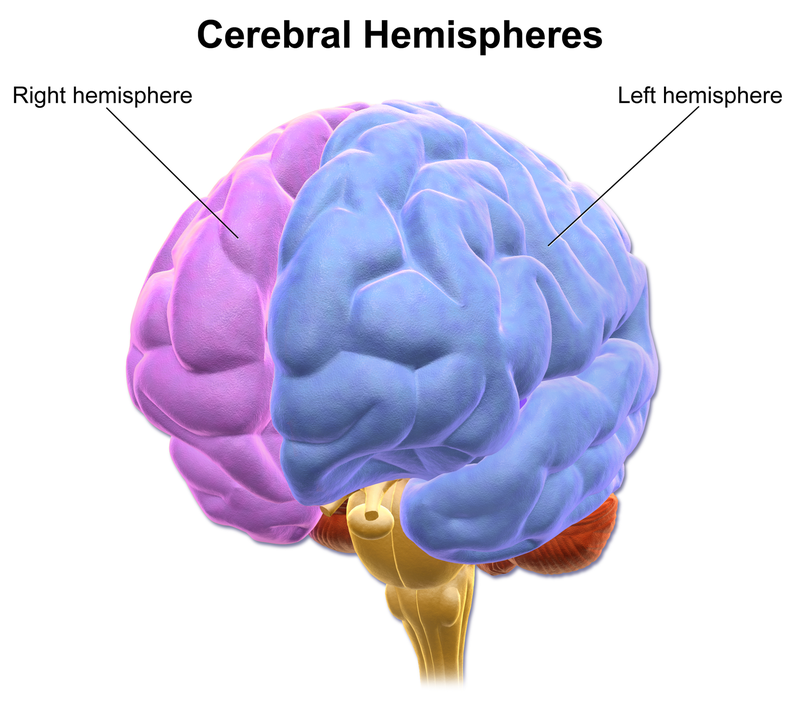The words covered in this article are engender, cessation and incessant, conceivable, alleviate, and cerebral. A previously done word that will reoccur today is dichotomous.
What does ‘death’ mean?
“The state of having lost life”, we casually reply, and this definition based on a dichotomous view of life and death as mutually exclusive states usually works, but only because most of us are fortunate enough to not have the present and future of our family hinge on the question of what ‘having life’ means in the first place.
The way Jahi McMath’s family answered this question engendered a fierce bioethical, medical, and legal debate in the United States and the whole world.
Engender
To engender something means to give birth to it, to produce it.
What happened to the McMath family was this.
In December 2013, 13-year-old Jahi McMath underwent tonsillectomy (tonsil removal) at Children’s Hospital Oakland, California. The four-hour surgery initially seemed to have gone well: Jahi regained consciousness and even had a Popsicle. But soon afterwards, she started spitting blood. The nurse on duty did not find this worrisome and gave her a basin to spit in. The blood loss increased over the next four hours; the nurses informed the concerned doctors but no one came to the girl’s bedside. After some time, her grandmother noticed that her oxygen-saturation levels had fallen to 79 percent and screamed for help. The doctors and nurses came running now but it was too late: Jahi had suffered a cardiac arrest. It took the medical staff more than two hours to restore her heartbeat and to stabilize her breathing with a ventilator.
During the heart attack, blood circulation to Jahi’s brain had stopped for several minutes. Later, when the doctors ran some brain-function tests on her, they observed that her pupils did not react to light, her eyes did not react when ice water was dripped in each ear, her lungs started to fill up with carbon dioxide as soon as she was disconnected from the ventilator, and her EEG test showed no brain-wave activity.
All these observations pointed to only one conclusion: Jahi was now brain-dead.
The state law of California says that:
“An individual who has sustained either (1) irreversible cessation of circulatory and respiratory functions, OR (2) irreversible cessation of all functions of the entire brain, including the brain stem, is dead.”
Cessation
The verb cease means ‘to stop.’ Its noun form is cessation, which means ‘stopping.’
The adjective incessant means ‘not-stopping, continual’. Jahi’s incessant blood loss for hours eventually led to the heart attack that left her brain-dead.
The ‘OR’ in the law cited above is critically important in Jahi’s story.
Because California considers a brain-dead person to be dead, Jahi’s doctors declared her to be legally deceased and informed her family members that her life support systems would be taken off after a couple of days, to give the family some time to gather and to consider organ donation.
Jahi’s family refused to accept this verdict of death, arguing that she may be severely disabled now but she was not dead – her skin was still warm, she sometimes even moved her arms and ankles, and her heart could beat on its own. They also argued that being Christians, they believed that as long as Jahi’s heart was beating, her soul was still within her body and, therefore, she was alive; to force them to accept the death declaration would be a violation of their right to express their religion. They took the hospital to court to make it continue Jahi’s mechanical ventilation and other life support measures.
The hospital, in its turn, argued that “No conceivable goal of medicine—preserving life, curing disease, restoring function, alleviating suffering—can be achieved by continuing to ventilate and artificially support a deceased patient.”
Conceivable
The adjective conceivable means ‘imaginable, understandable.’
Alleviate
The verb alleviate means ‘to lessen (something bad, such as pain, disease or poverty)’
The hospital submitted to the court that there was no hope that Jahi’s brain would recover its functions. An independent expert from Stanford University confirmed the hospital’s conclusion by performing a cerebral-blood-flow study. “You see a complete white void . . . in the part of the head where the brain is. Normally it would be dark black,” this expert told the judge hearing the case.
Cerebral
Cerebrum is a part of the brain. So, the adjective cerebral means ‘related to the cerebrum in particular, or to the brain in general’.

In the image below, the right and left cerebral hemispheres are shown. In this context, the word cerebral has been used in the more general sense of ‘related to the brain.’

The judge hearing the McMath case accepted the hospital’s claim that there was no chance that Jahi’s brain (therefore, Jahi herself) would become undead and allowed the authorities to unplug the ventilator after an additional grace period of a few days.
What the McMath family did next surprised everybody. It was an act of extraordinary courage that showed they were willing to climb any mountain for Jahi, but it was also an act that scattered apart their family. You’ll know tomorrow.
For now, here are some more usage examples of the words that you learnt today:
- “Every cloud engenders not a storm.” Shakespeare
- The Roe v. Wade judgment of the Supreme Court of the United States on the legality of abortion has engendered much criticism and academic debate from the day it was passed.
- “Men are not angered by mere misfortune but by misfortune conceived as injury.” C.S. Lewis
- The government, when increasing the petrol and diesel prices by a whopping 20 percent, assured that monthly bus passes would be sold at a subsidized rate to the state’s poor people to alleviate the extra burden of the fuel price increase on them.
- Many relationships fail simply because one person was terrified of being abandoned and so did everything in his or her power to push the other person away; attempts to solve one problem (alleviate abandonment anxiety) create another (breakup and the consequent heartbreak and loneliness). (Adapted from a sentence in Lori Gottlieb’s Maybe You Should Talk to Someone.)
- It is a good idea to schedule cerebral tasks such as reading, writing or brainstorming for mornings, when your brain is likely to be most fresh.